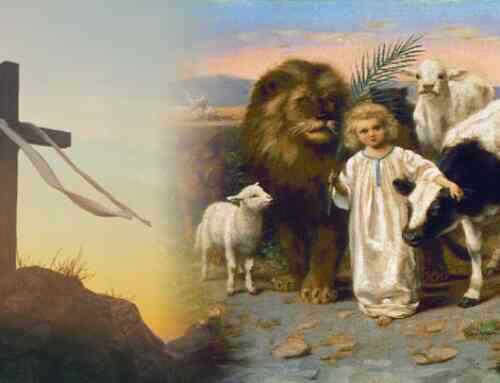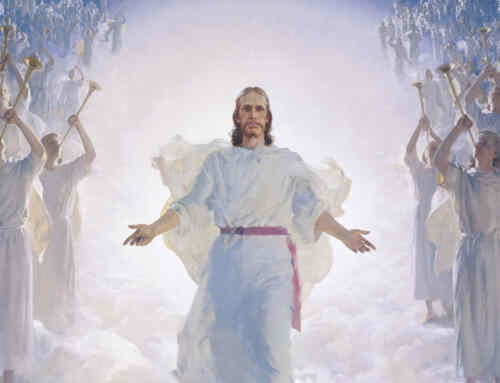The doctrine of the rapture is a Protestant addition to Futurist interpretations of the book of Revelation. It was not invented to scare people but evolved from the Roman Catholic Church’s attempts to suppress the Protestant Reformers in the 16th century. Martin Luther, through intense study of the Scriptures, concluded that justification comes through faith in Jesus Christ and not through the church, that claimed Extra ecclesiam nulla salus, (There is no salvation outside the church).
In addition, Luther and the Reformers who followed in his footsteps all agreed the biblical antichrist and the man of sin (2 Thessalonians 2) referred to Papal Rome. To defend its reputation, the Catholic church counterattacked Luther and the Protestant Reformers. At the Council of Trent in 1545, the Jesuits, a society notorious for intrigue and sedition, were commissioned to develop a new interpretation of the Scriptures to counteract Protestant applications of the Bible’s antichrist prophecies to Rome. Francisco Ribera, a prominent Jesuit priest, thus concluded that all prophecies of the antichrist and the man of sin applied not to the Catholic church or Christians, but to someone who would come in the distant future, in the biblical last days.
Three centuries later, this Jesuit Futurism, originally confined to the Roman Church, found its way into Protestants of the Church of England. John Darby, a Protestant pastor, lawyer, theologian and respected Christian started the Dispensational movement, whereby God deals with mankind in major dispensations or periods. He promoted the last-day rapture to be followed by the appearance of the man Antichrist. Later, many Protestants have accepted the rapture doctrine and made it dogma.
The rapture doctrine is not found in the Bible. Though Moses, Enoch and Elijah were taken away by God at the end of their lives, they were not taken to heaven alive since it is written: “Flesh and blood cannot inherit the kingdom of God; nor does the perishable inherit the imperishable,” (1 Corinthians 15:50). The Scriptures say of Moses: “no man knows his burial place to this day,” (Deuteronomy 34:6). Moses was not “raptured” into heaven still alive. Likely, Enoch and Elijah died naturally, and God disposed of their bodies. Furthermore, we find in Revelation 2:10: “Be thou faithful unto death and I will give you the crown of life.” Death is thus a prerequisite to inherit the kingdom of heaven. In addition, 1 Corinthians 15:22 states: “As in Adam all die, so also in Christ all will be made alive.” Clearly, no one is raptured into heaven alive, and faithfulness to God unto death determines the destiny of each Christian.
Additional Resources:
Christian Questions Podcast
3-part series “Do I Suffer From Rapture Anxiety?”
Questioning the rapture in the light of careful scriptural analysis
Preview Video
CQ Rewind Show Notes from Part I













